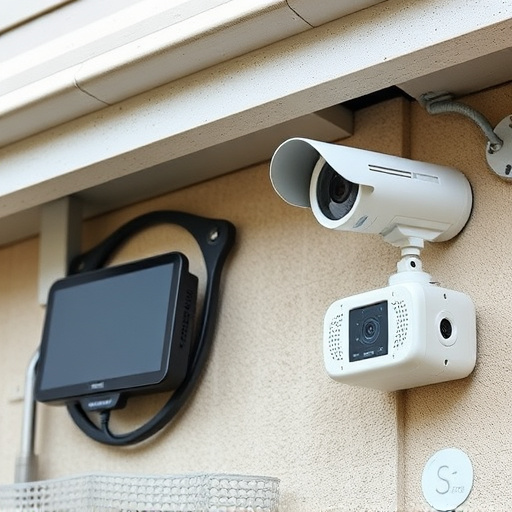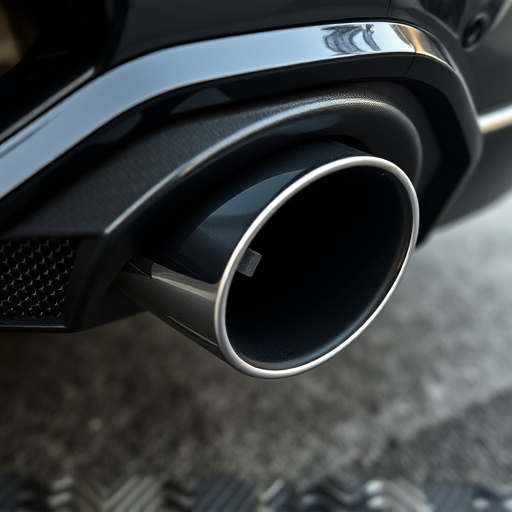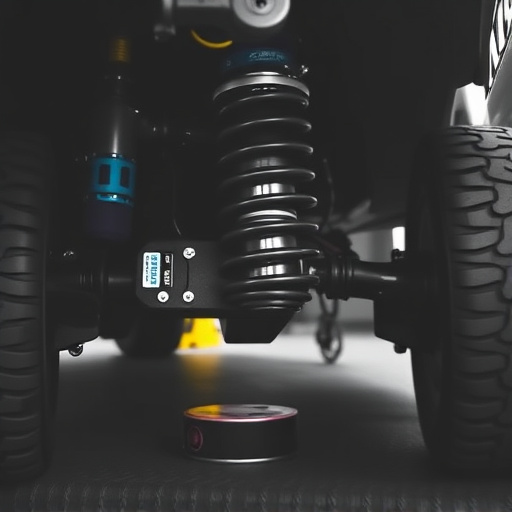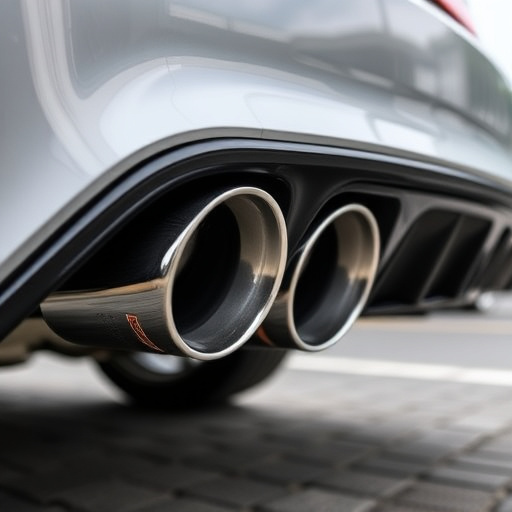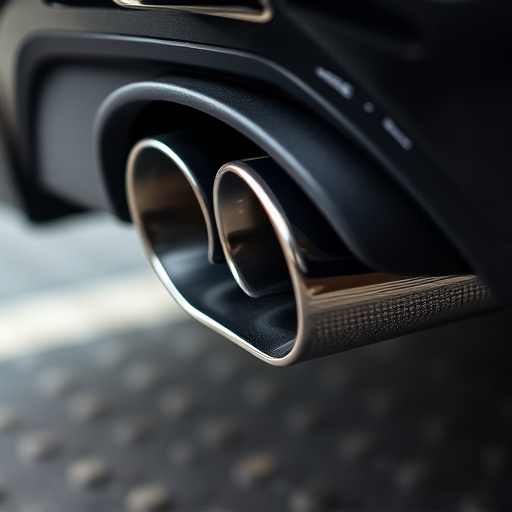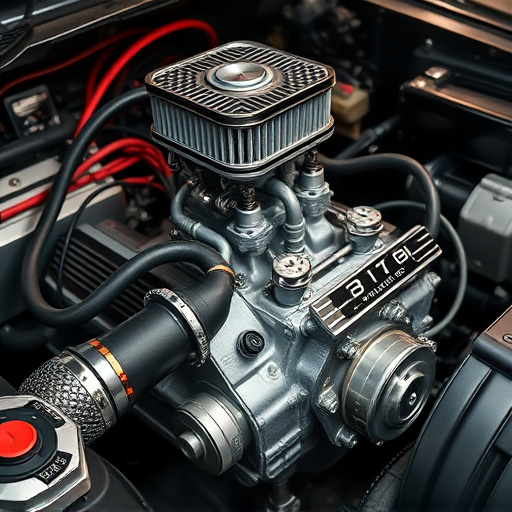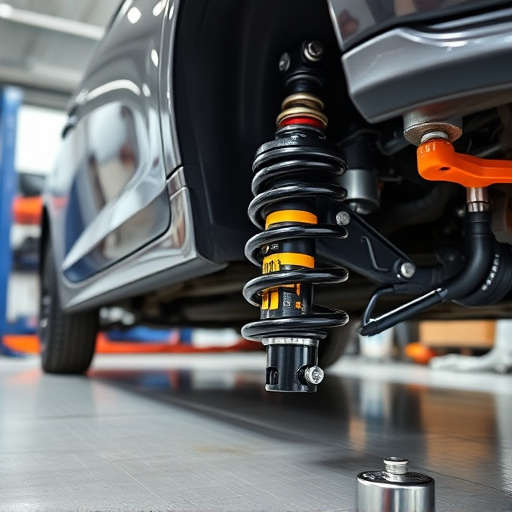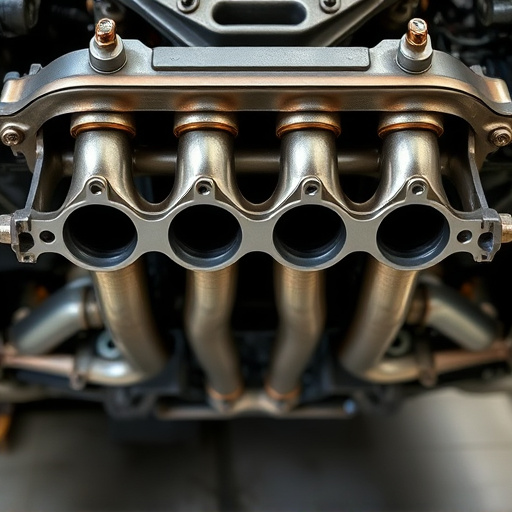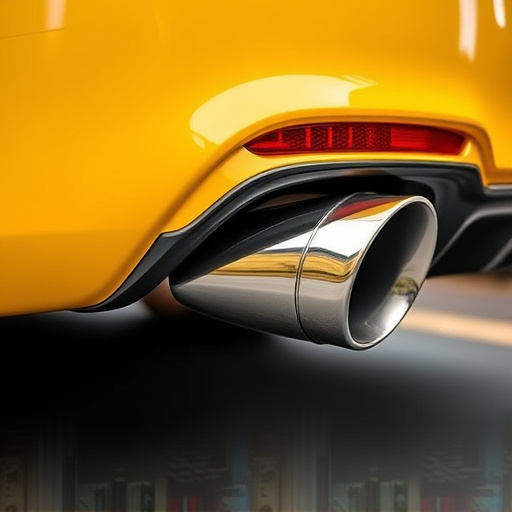An oiled or clogged air filter can severely affect vehicle performance, safety, and efficiency. Symptoms include reduced power, unusual noises, decreased fuel economy, and increased oil change needs. Regular maintenance is vital to prevent these issues, ensuring optimal engine health and airflow. If your car's performance drops, especially during acceleration or hills, it may be time to check the oiled air filter for clogging or damage, as this can cause long-term component damage if neglected.
An oiled air filter can silently sabotage your vehicle’s performance. If you notice reduced airflow, a dip in engine power, or dashboard warning lights, it’s time to investigate. This article breaks down the signs of an oiled air filter, the underlying causes, and crucial guidelines for replacement. Learn when this common yet overlooked component requires immediate attention to keep your engine running smoothly.
- Symptoms of an Oiled Air Filter
- – Reduced air flow in your vehicle
- – Noticeable decrease in engine performance
Symptoms of an Oiled Air Filter
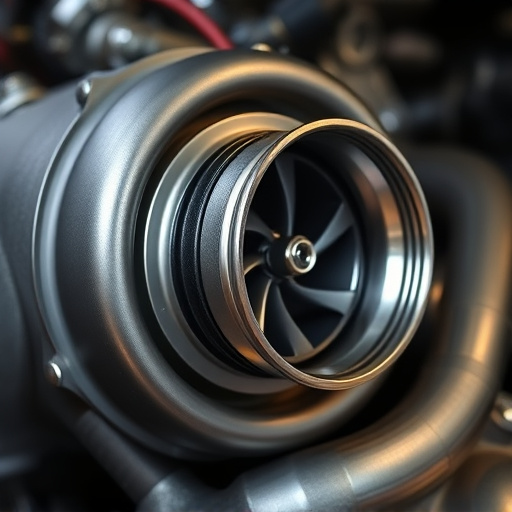
If your vehicle’s oiled air filter is not maintained properly, it can lead to a range of issues that negatively impact your car’s performance and overall health. One of the most noticeable symptoms of an oiled air filter is a significant drop in engine performance. You may experience difficulty starting the engine, reduced acceleration, and a general lack of power, especially when driving uphill or during high-speed manoeuvres. This decline in performance can be attributed to the restriction of airflow caused by the contaminated filter.
Additionally, an oiled air filter can cause unusual noises coming from the engine bay, such as ticking or clicking sounds. These noises often indicate that the engine is struggling to breathe due to the clogged filter. Moreover, drivers may notice a decrease in fuel efficiency and an increase in the frequency of oil changes required for the vehicle. In severe cases, the build-up of oil on the filter can even lead to poor braking performance, affecting the effectiveness of your brake pads and overall vehicle safety, similar to how well-maintained performance brakes depend on clean air intake. Thus, addressing the symptoms promptly is crucial to avoid more serious complications related to your car’s engine and other components, including its high-performance air filters.
– Reduced air flow in your vehicle
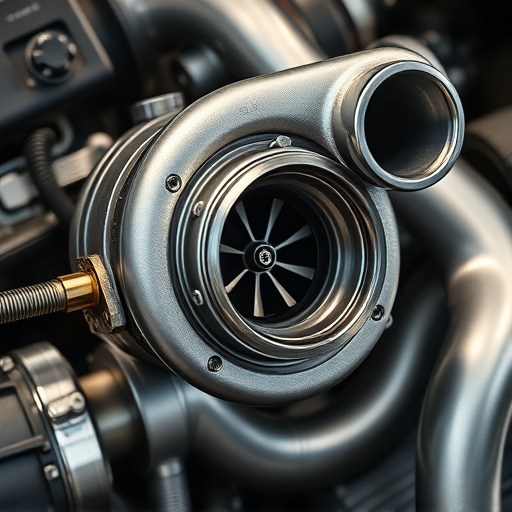
If you’ve noticed a significant drop in your vehicle’s performance, it might be time to check your oiled air filter. One of the most evident signs that your air filter needs attention is reduced airflow. This can result in a range of issues, from decreased fuel efficiency and power output to even more serious engine problems. When an air filter becomes overly oiled or clogged, it restricts the flow of fresh air into the engine, which is crucial for optimal combustion.
This restriction can be especially noticeable when accelerating or climbing hills, as the engine struggles to draw in enough oxygen-rich air. To ensure your vehicle runs smoothly and efficiently, regularly maintaining your performance air filters (a type of high-flow filter that can handle oil) and replacing them when necessary is essential. Remember, even a slightly clogged filter can cause noticeable differences in your car’s behavior, so staying on top of this simple yet vital maintenance task is key to keeping your exhaust mufflers and muffler tips working at their best.
– Noticeable decrease in engine performance
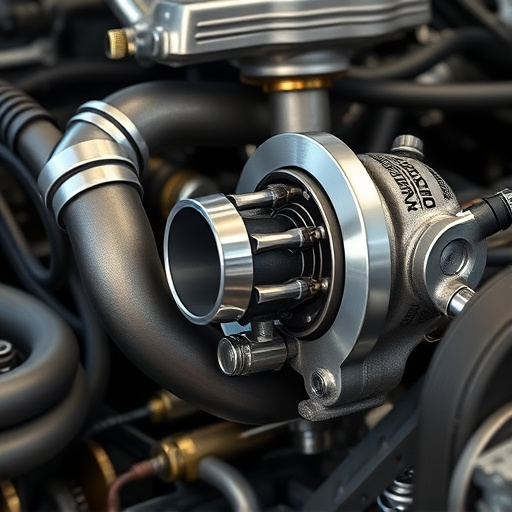
If your vehicle’s engine has started to perform below par, it could be a clear indication that your oiled air filter needs immediate attention. A compromised air filter can significantly reduce the amount of clean air that enters the engine, which in turn affects its efficiency and power output. As a result, you may notice a decrease in acceleration, reduced fuel economy, and even irregular idling. These symptoms are often more pronounced when the engine is under load, such as during heavy acceleration or climbing steep inclines.
This decline in performance isn’t just about feel; it can also lead to long-term damage to your vehicle’s high performance parts, including critical components like brake pads. Unlike performance air filters designed for optimal airflow and enhanced engine performance, an oiled air filter that’s excessively dirty or damaged will restrict airflow, causing the engine to work harder and potentially leading to increased wear and tear on various systems.
If your vehicle is experiencing reduced airflow and a noticeable dip in engine performance, it’s clear that your oiled air filter needs immediate attention. Neglecting this crucial component can lead to further issues, so don’t delay in addressing these symptoms. Regular maintenance and timely replacement of your air filter are essential for keeping your engine running smoothly and efficiently.





